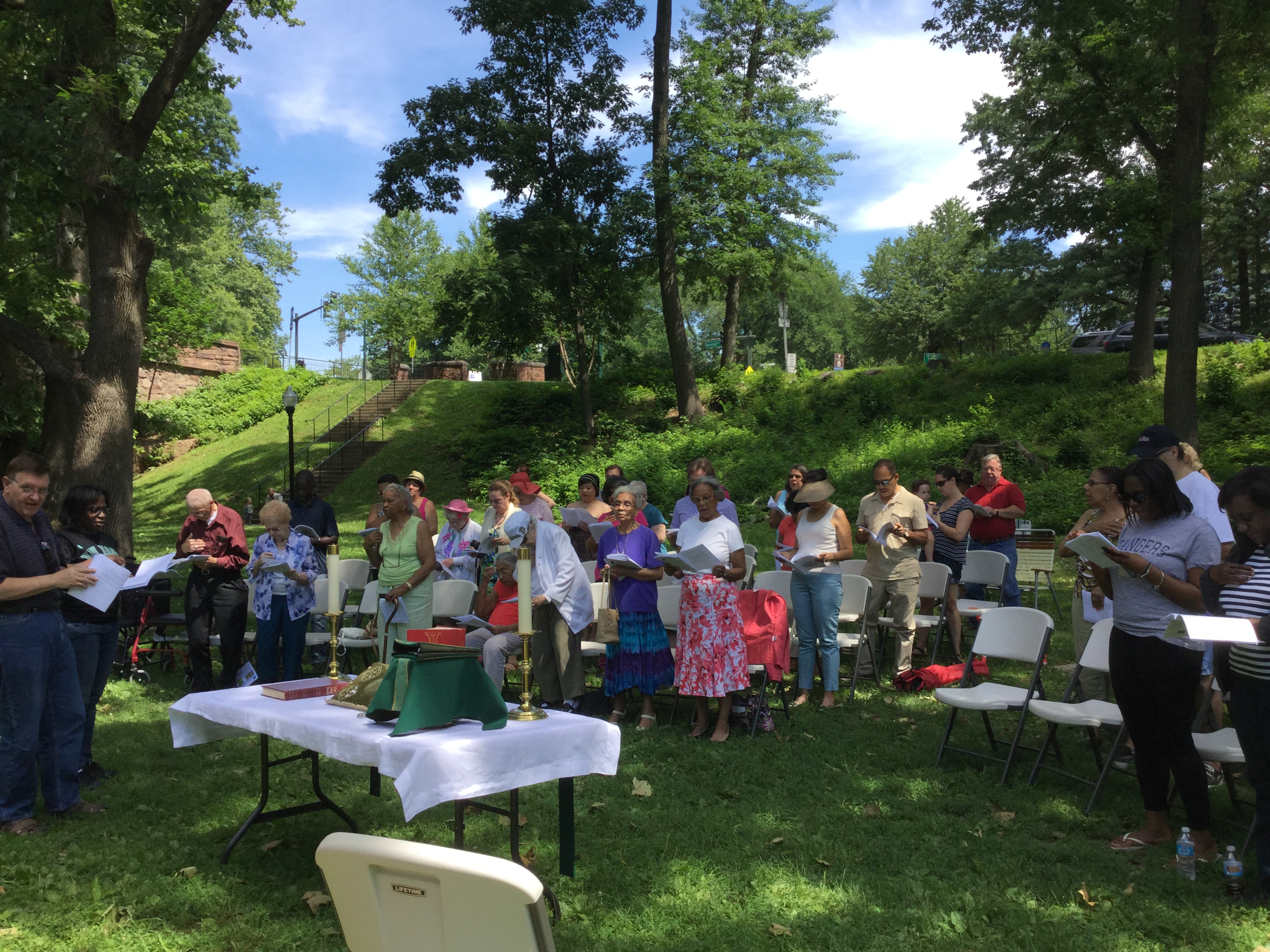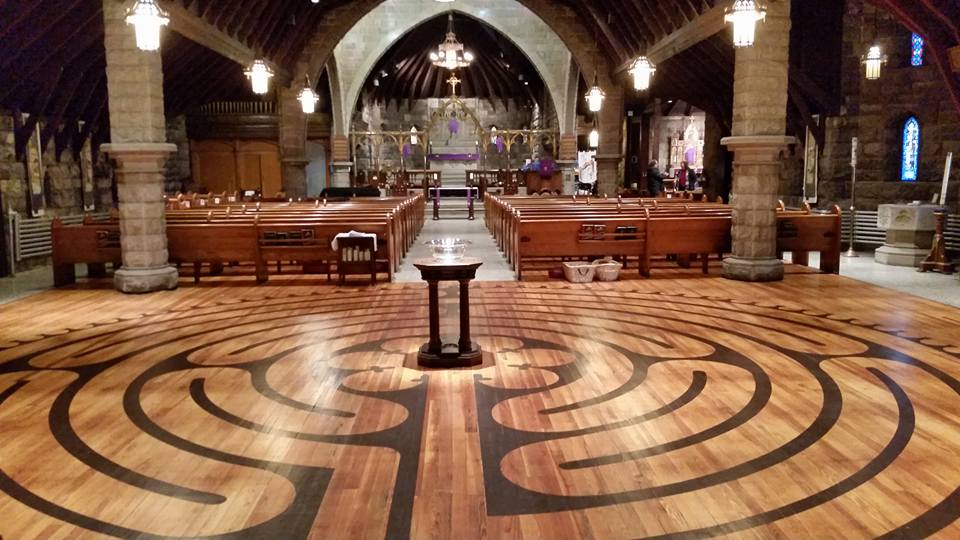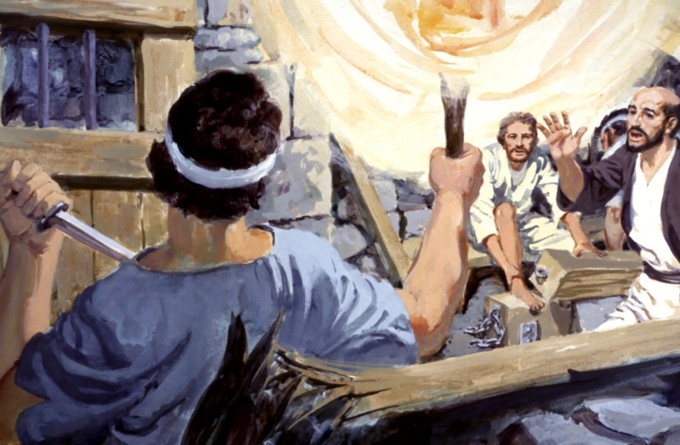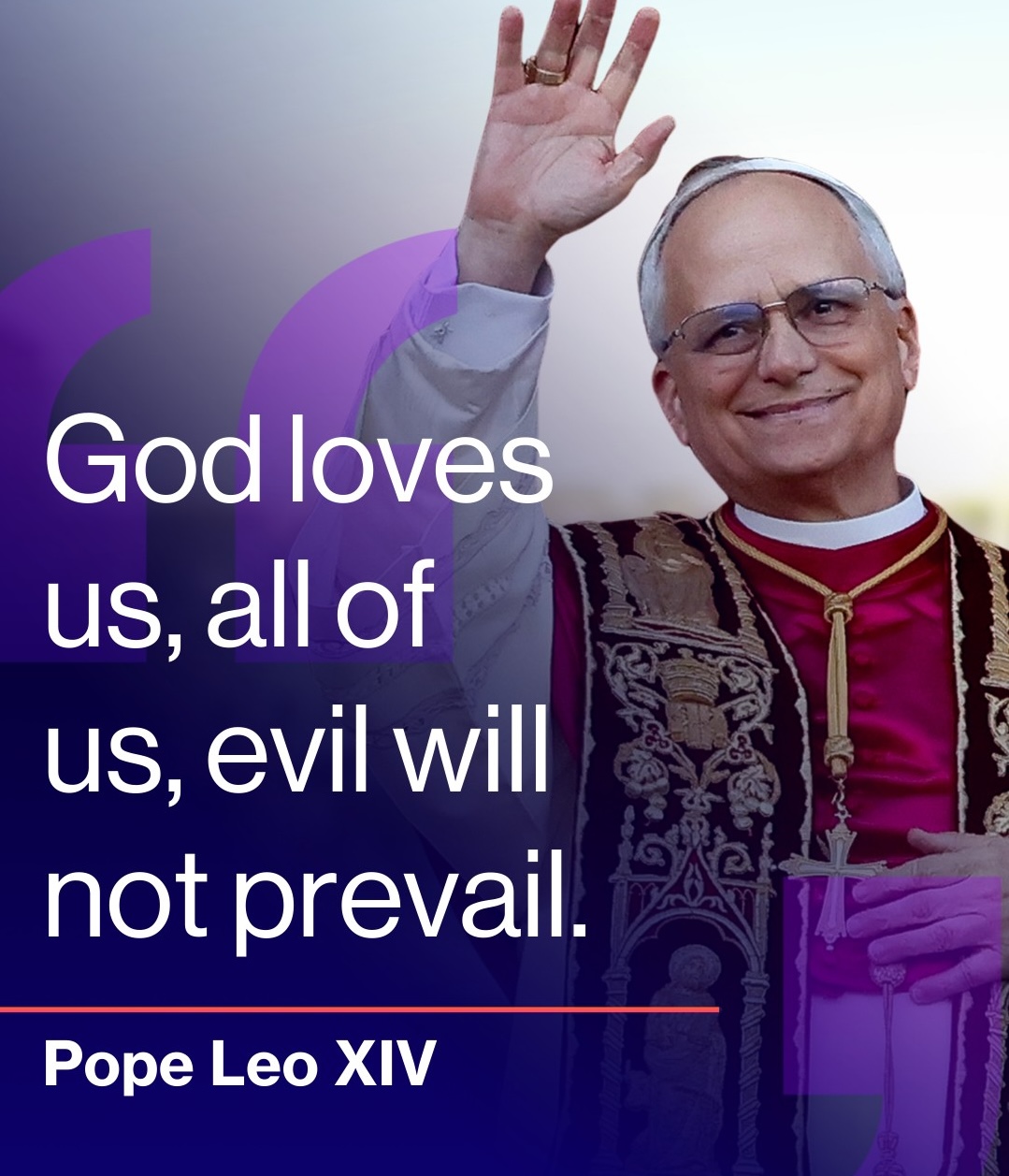
We will have our Annual Mass on the Grass…with Brass on Sunday, June 8th at 10:30am at the gazebo on the Glen across the street from our church. After the…


Our Labyrinth Walk & Compline (a short service of contemplative prayer) has returned. It will be on the first Wednesday of the month. The church will be opened at 6:30pm for a moment sitting in the softly lit church or walking the meditative labyrinth. Ancient Chant or other contemplative music is played while you walk. At 7pm, there is a short service of Compline to close the day. All are welcome.
Check out this amazing ecumenical service celebrating the 1700th Anniversary of the First Ecumenical Council and the Nicene Creed. Mother Diana was one of the service leaders and planners.

June 1, 2025: “Alleluia! Christ is risen! The Lord is risen Indeed. Alleluia! It’s the final Sunday of Easter today, so just because, let’s do that again – Alleluia! Christ is risen! The Lord is risen Indeed. Alleluia! That never gets old to me, and hopefully not for you too. Next Sunday, during our “Mass on the Grass…with Brass!” we will celebrate the Feast of Pentecost, commonly called the birthday of the church. But today, we get a lot of what the Holy Spirit is up to in those early days of the Jesus Movement as we continue our Eastertide readings from the Acts of the Apostles. Now last week you may remember that we heard about Paul and Silas encountering Lydia and some other women at a place of prayer. This week, we hear about Paul & Silas going to another place of prayer and finding another woman, this…

May 25, 2025: Alleluia! Christ is risen! Yes, we are still in Eastertide. And, it is also Memorial Day Weekend in our country. A time when we remember those who gave the last full measure for the freedoms we hold dear. And in today’s scriptures, we hear two passages that have a lot to say to us in this time and place, especially as we remember those who died for the ideals of this nation. The first is the gospel, where Jesus encounters a man who is lame and has been trying to get into the pool to be healed for 38 years. And Jesus asks him a question: “Do you want to be made well?” It’s a strange thing to ask, right? I mean, doesn’t everyone? Well, perhaps we say we do, but then we don’t do what we need to do to get well. Hold on to that…

May 11, 2025: Alleluia! Christ is risen! Welcome to Good Shepherd Sunday, always the fourth Sunday of Easter, when we hear the gospel message of Jesus as our shepherd, whose voice we hear and whom we follow. It is also Mother’s Day in the secular world. I hope to get lots of licks and meows from my dog Lexi and my two cats Katie & Lauren when I get home later today. But as I note every year, this is also a difficult day, or one that brings about mixed feelings for many – those whose mother’s have died, or those whose mothers are absent – in whatever way that may mean – or those mothers who have lost a child, or those women who could not have one – for them Mother’s Day can be troubling, awkward, or even painful. And if that is you, know that we, your…